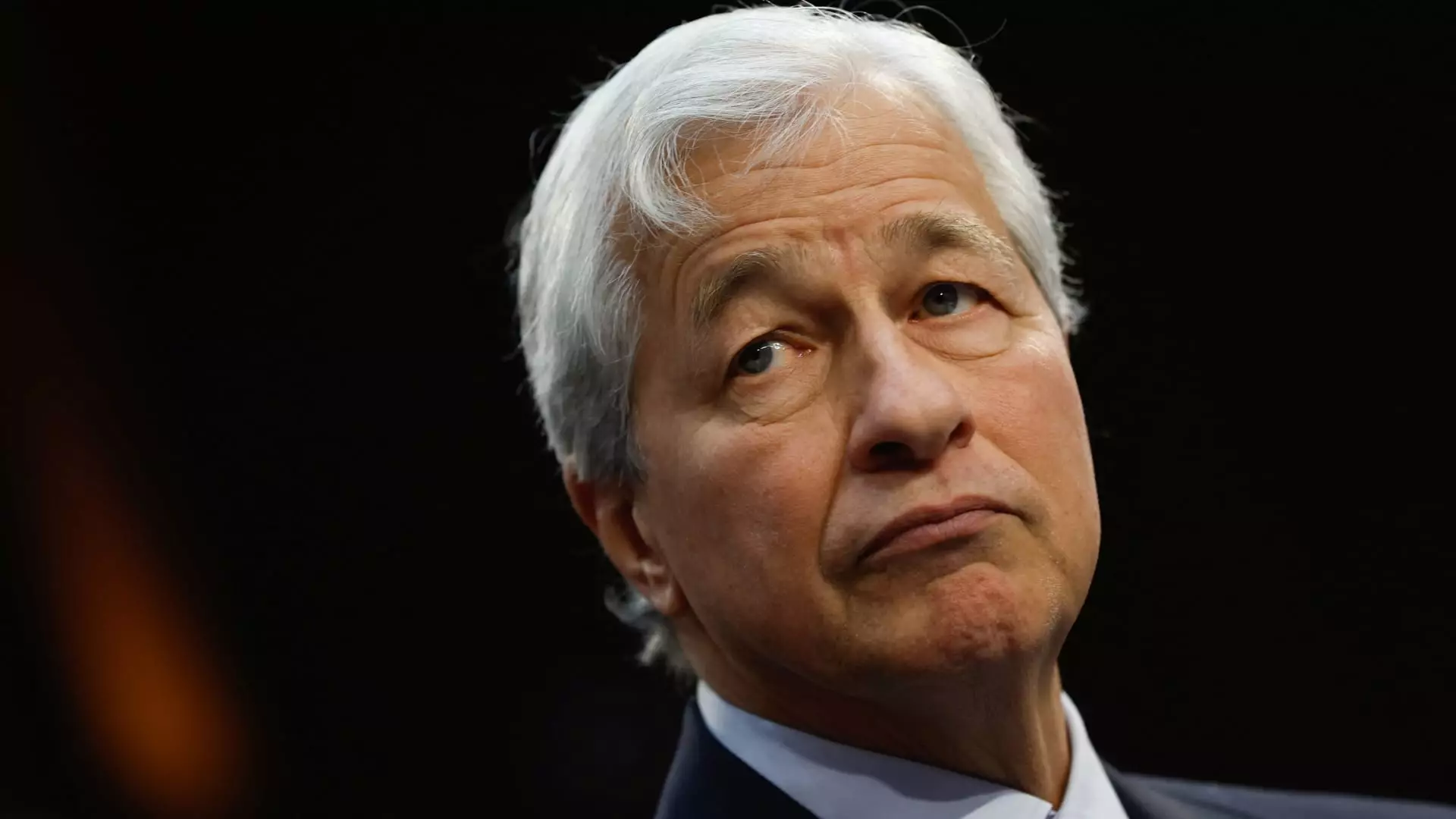In recent months, the geopolitical climate has taken a precarious turn, marked by escalating conflicts and tensions across various regions, particularly in the Middle East and Eastern Europe. Jamie Dimon, the CEO of JPMorgan Chase, has voiced his concerns regarding these unfolding crises, which he suggests could have profound implications not only for immediate economic stability but also for the broader trajectory of geopolitical relations. As economic leaders keep a wary eye on these developments, it becomes crucial to analyze their potential ramifications.
The Outbreak of Hostilities
One of the most alarming conflicts currently is the ongoing war between Israel and Hamas, which marks a distressing one-year anniversary since the initial attacks on October 7, 2022. The toll of this conflict has been staggering, contributing to a humanitarian crisis that underscores the devastating impact of warfare. With tens of thousands of casualties reported and fighting spills over into neighboring regions—most notably conflicts involving Hezbollah and Iranian forces—the situation remains volatile. Recent airstrikes and missile exchanges highlight the precarious balance of power and the potential for further escalation, revealing how interconnected and fragile peace is on a global scale.
Dimon emphasizes the significance of these conflicts as they threaten not only human lives but also economic structures worldwide. The repercussions of sustained violence can destabilize markets, lead to increased investment risks, and create significant barriers to trade. In an interconnected global economy, disruptions in one region can resonate across borders, affecting everything from energy supply chains to financial markets. The CEO highlighted the acute need for effective leadership to navigate these turbulent times, recognizing that international relations are crucial to mitigating these risks.
Furthermore, the rising tensions between the United States and China compound the existing challenges. Both nations are at a crossroads, with potential for conflict over trade practices, technological supremacy, and military posturing. Dimon’s remarks reflect a broader concern that the existing international order, which has been in place since World War II, may be unraveling. The desire for strong American leadership is echoed by many who believe that decisive action is needed to maintain stability and cultivate peace.
On the economic front, while there are signs that the Federal Reserve has managed to engineer a “soft landing” for the U.S. economy, Dimon remains cautious. The persistence of fiscal deficits, infrastructure demands, and global remilitarization efforts adds layers of complexity to future economic forecasts. These critical issues demand attention from policymakers who must reconcile immediate needs with long-term sustainability goals.
As Jamie Dimon articulates, the world stands at a pivotal moment. The intertwining of human suffering and economic turmoil calls for robust leadership capable of navigating a multipolar world. Strategic foresight, collaborative diplomacy, and innovative solutions are imperative to address the challenges that define this era. The stakes are high, and the need for action has never been more pressing.

